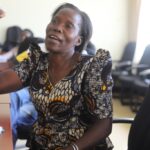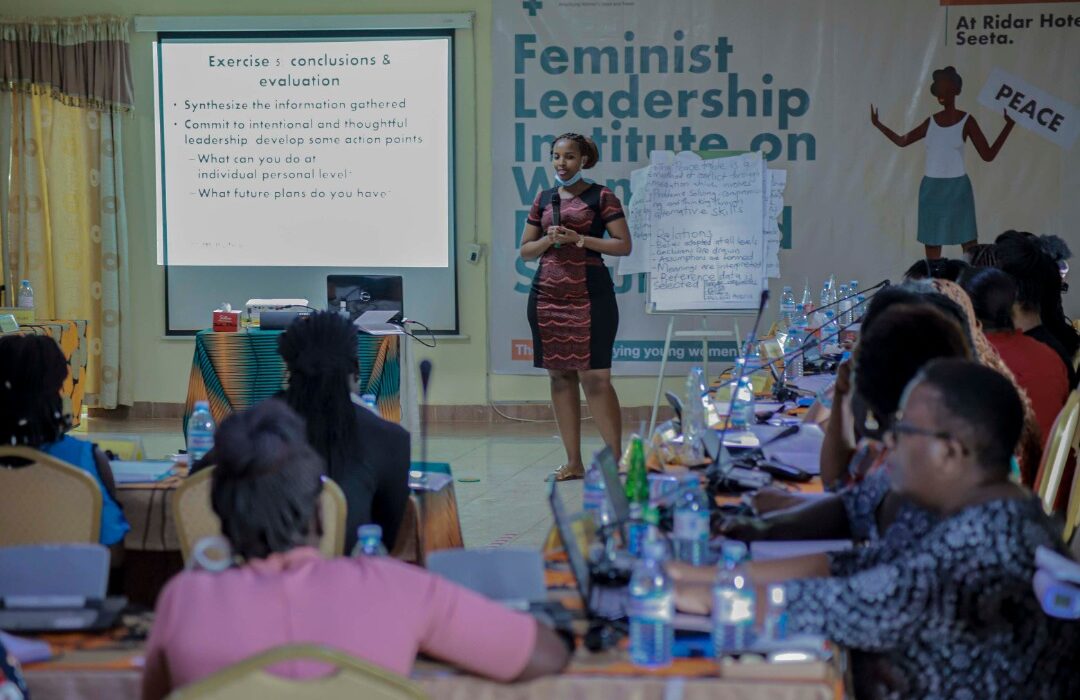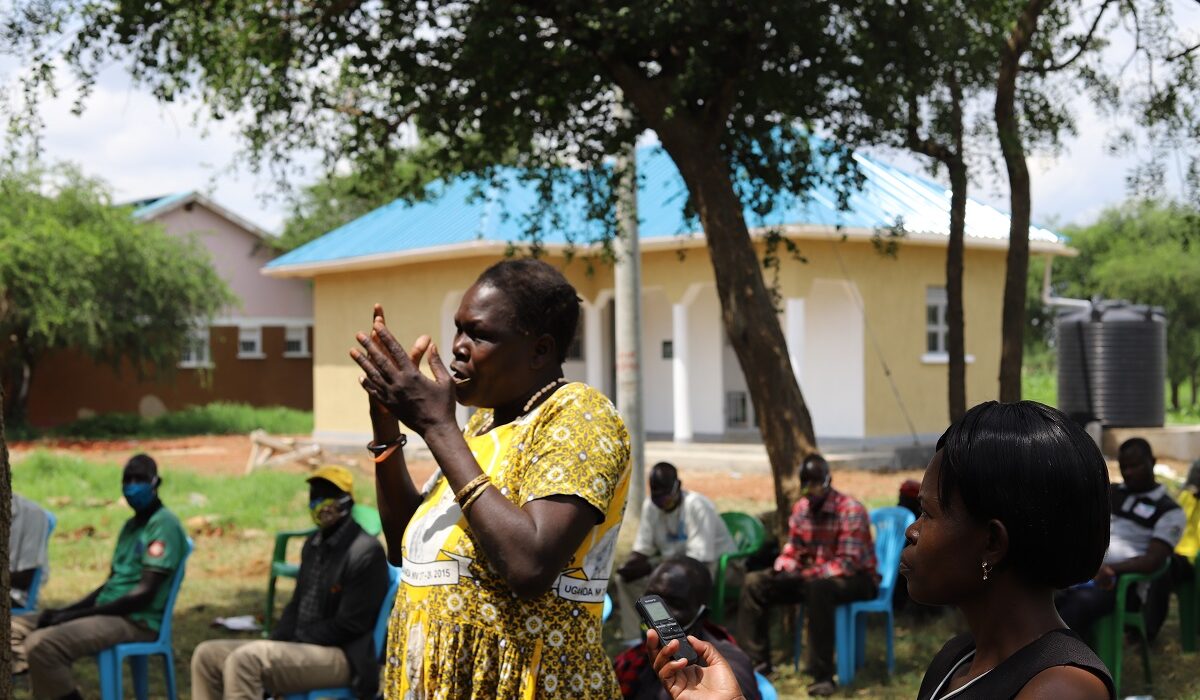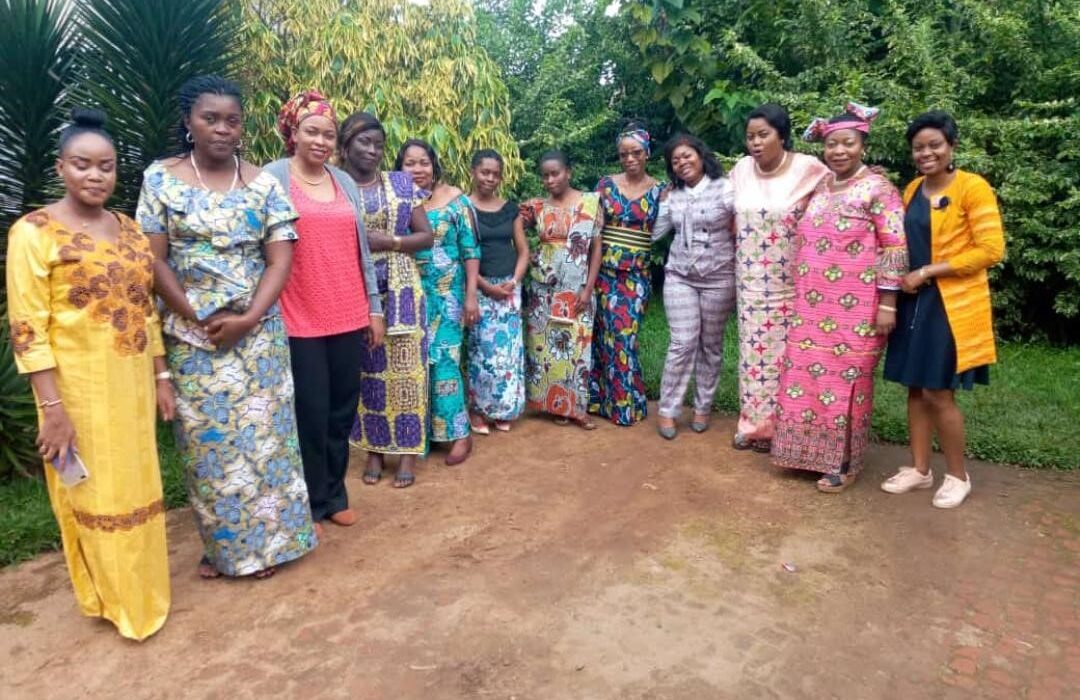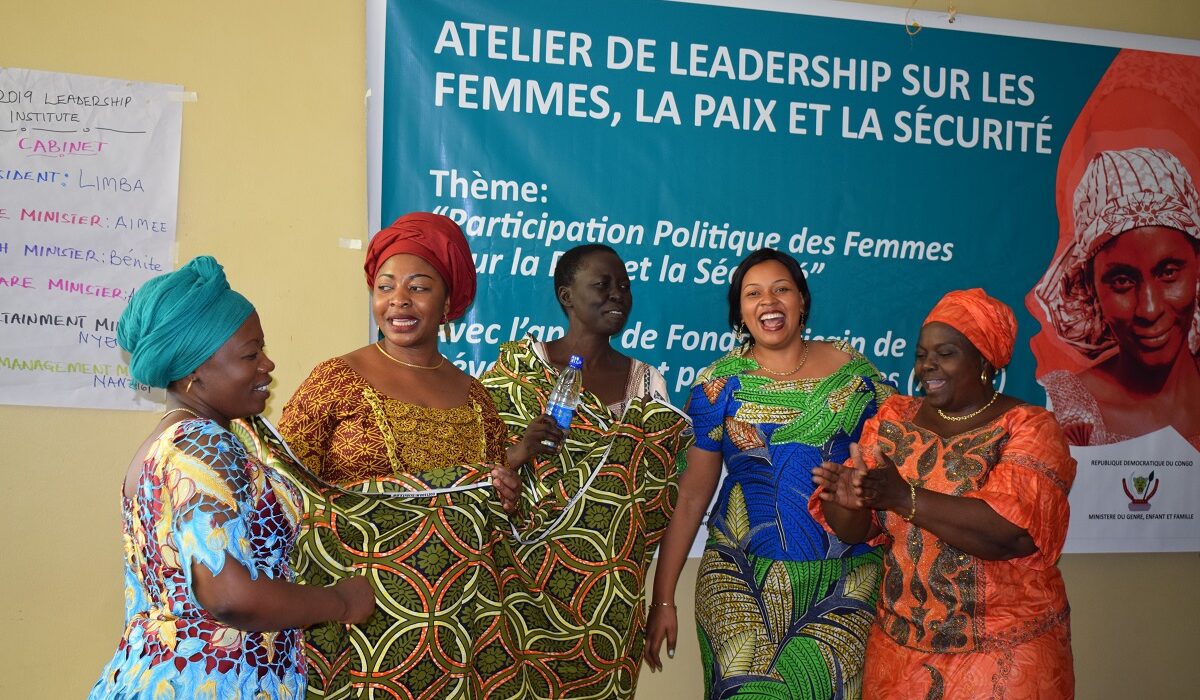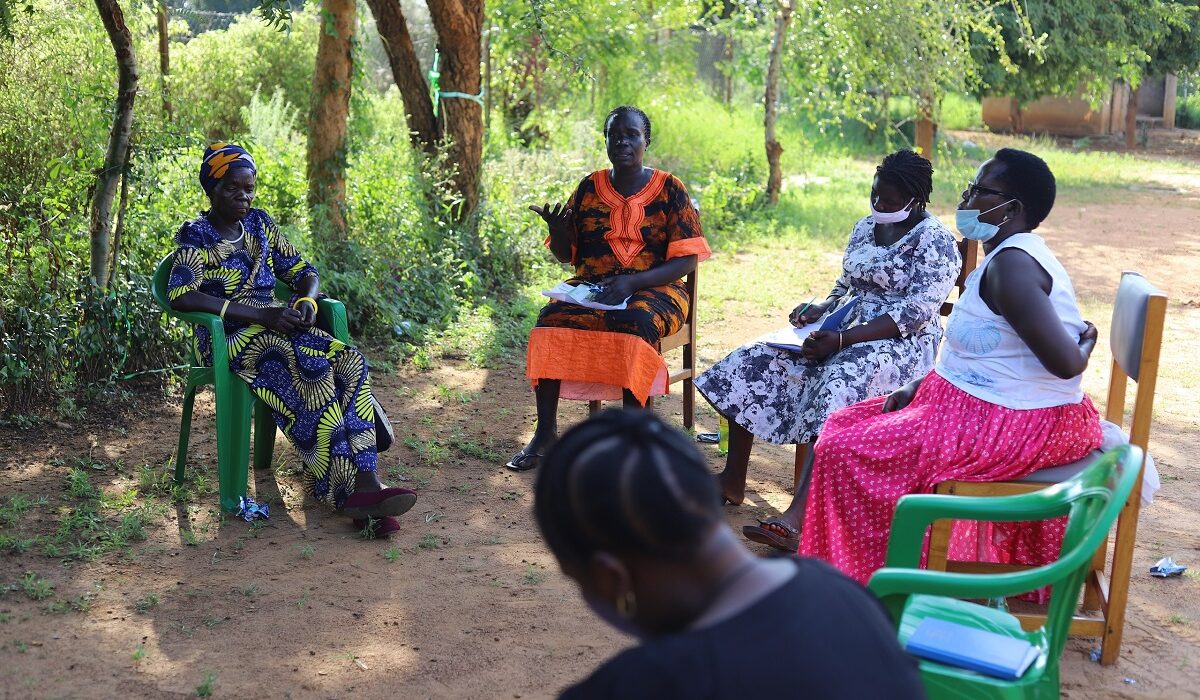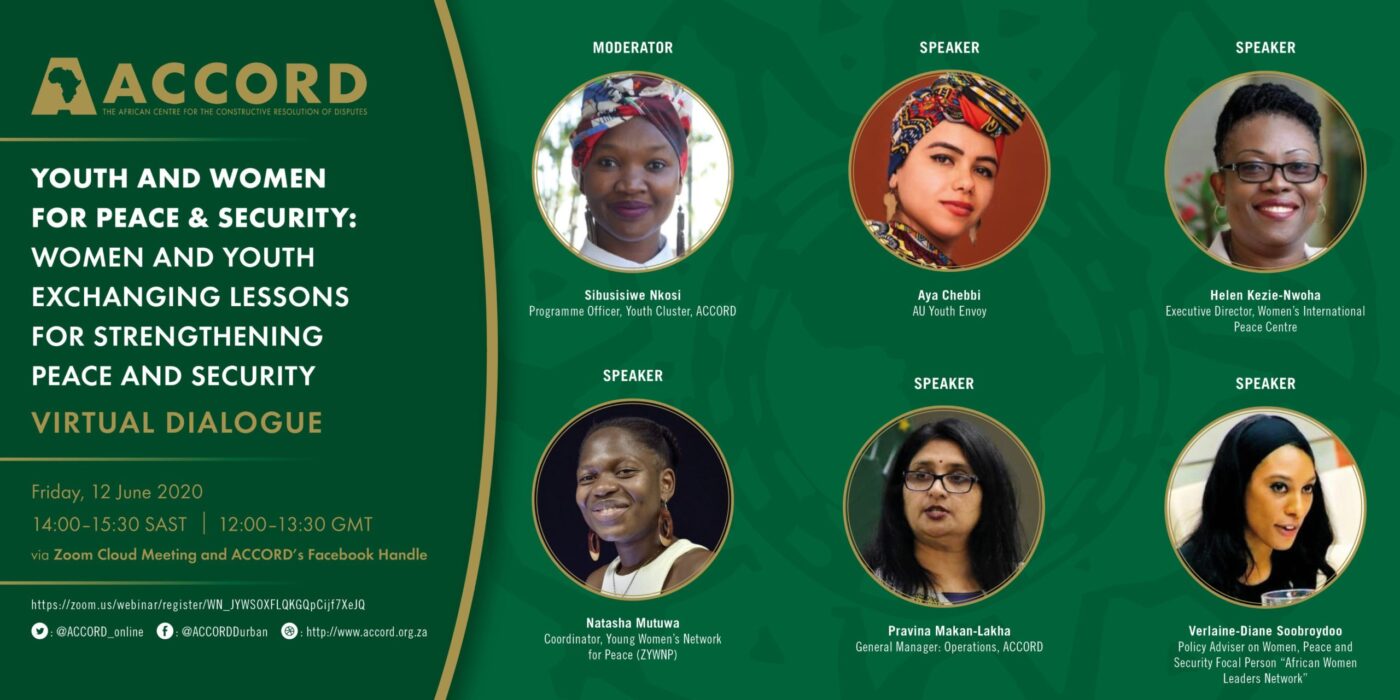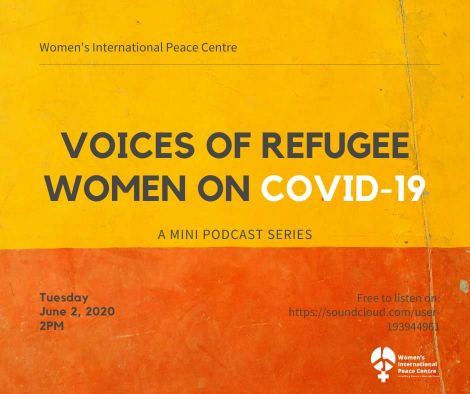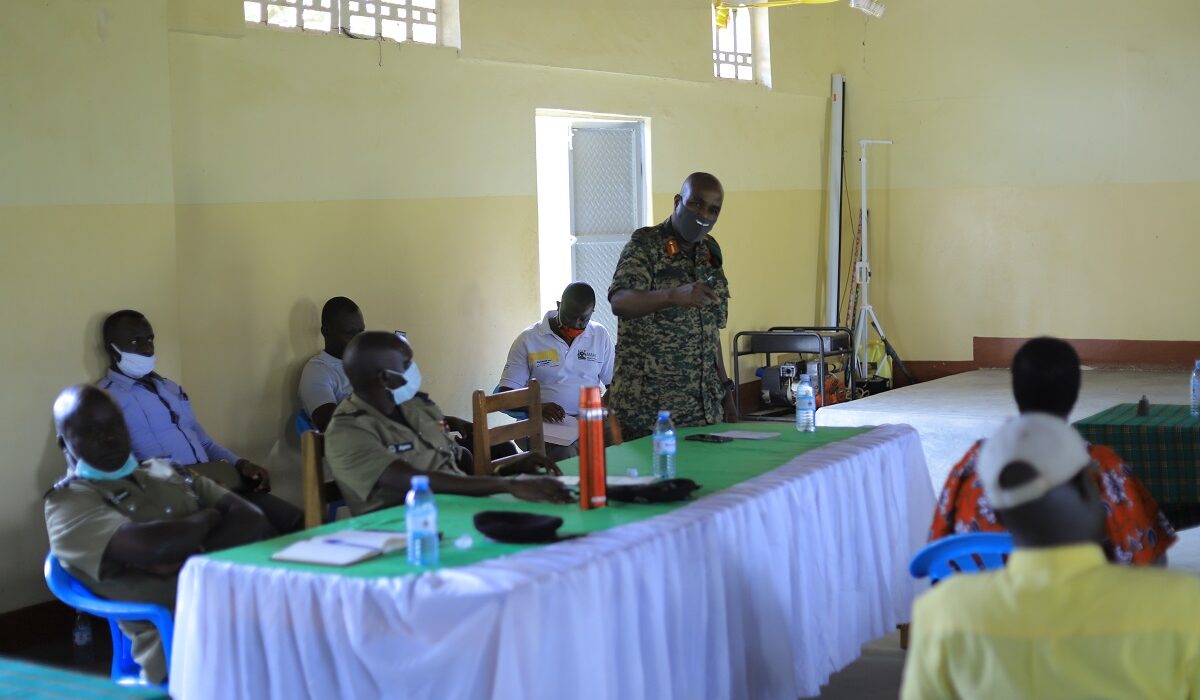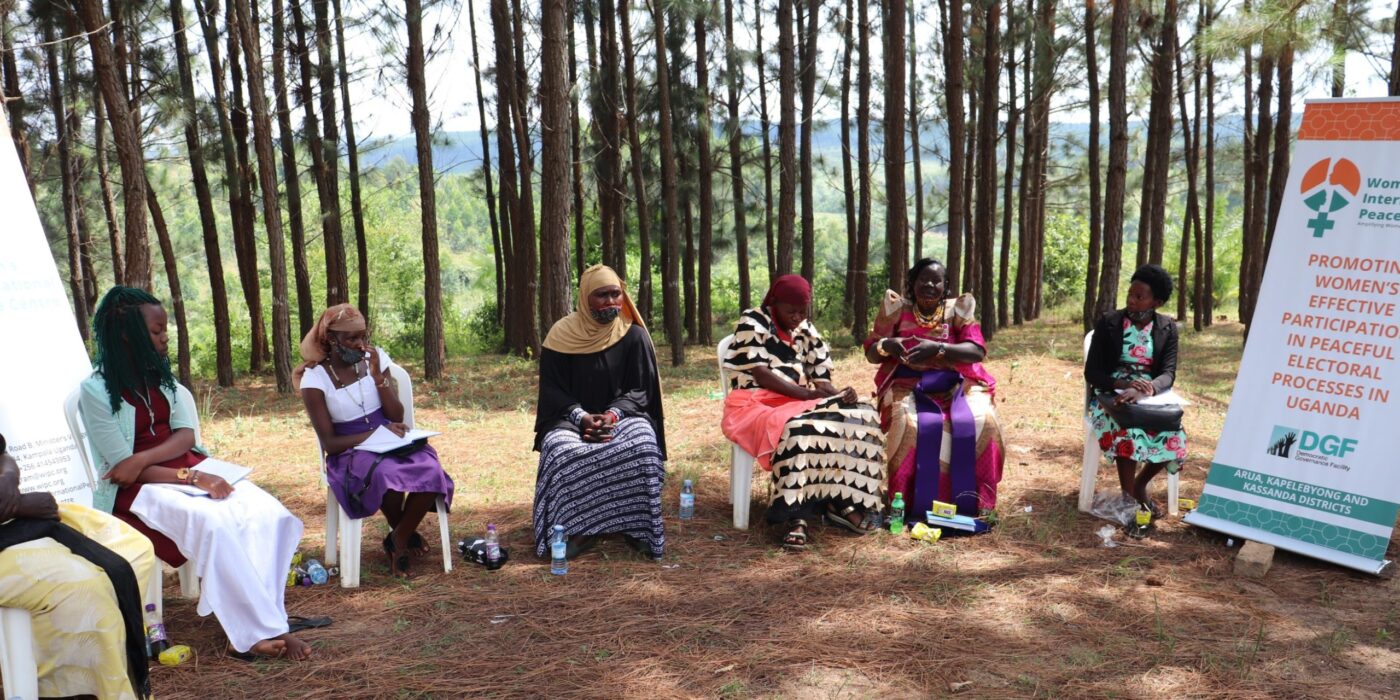In June, women leaders who were trained by the Peace Centre, Karibu Jeunesse Nouvelle (KJN) and Association des Femmes des Medias (AFEM) on practical strategies to promote women’s participation in post-conflict governance in 2019 were interviewed to track their progress. The training aimed at strengthening the capacity of women leaders to engage in and influence post-conflict decision-making and governance as well as demand accountability from policymakers towards actualizing the meaningful inclusion of women in governance and decision making in the Democratic Republic of Congo.
Since 2019 the trained women leaders, have held community awareness sessions and dialogues on the need for women’s participation at all decision-making levels; the rights and responsibilities for women and girls, and sexual and gender-based violence (SGBV) and also mitigated land conflicts. The awareness sessions also targeted schools and Universities, encouraging young women to join politics, to position themselves in leadership structures and the political system in preparation for the 2023 legislative elections. As a result, 5 young women joined the communication unit of the Union for Democracy and Social Progress Party (UDPS).
Thanks to Bukavu’s training, I feel very equipped and reassured. When my UDPS Party was coming to implant up in my community, I used all the strategies learnt to position myself. I grab a strategic position in this party, I am now the President of the party’s women’s league in my locality. Now it is me who will be identifying and recruiting other women to join and advocate for their interests. Bora – Elysée
Although women constitute the highest statistic demographically compared to men (52%), this has not been influential in terms of their political participation. Several factors justify this including; traditional and cultural barriers with their consequences on women’s perceptions and self-esteem
and gender-based violence; poverty and illiteracy, insufficient resources allocated to women’s leadership structures and weak coordination of
women’s organizations, Persistent discrimination against women in the legal framework and non-compliance, instability, political tensions and the existence of conflict zones (Kasai, Tanganyika, South Kivu, North Kivu, Ituri). In light of this situation, the training contributed to the awareness of women leaders in South Kivu on this situation and build their capacities and skills to improve on their representation.
The women leaders at the June 2019 training institute not only learnt more about transformation leadership, women’s political leadership and UNSCR 1325 but they also shared their experiences as women’s rights activists, the lessons from their work in their communities as well the benefit of their leadership experiences both good and bad. During this institute, they strengthened their network of women leaders in the province.


